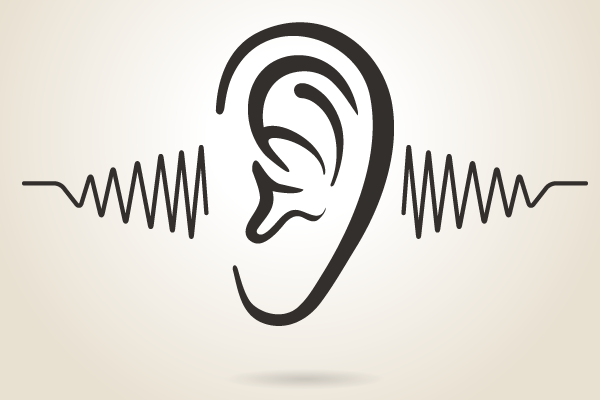People with Blindness Have Refined Spatial Hearing

Does loss of sight enhance a person’s sense of hearing? New research supports this commonly held belief in one intriguing way: by testing blind people’s ability to navigate their surroundings.
The Marvel superhero Daredevil, though blind, fights crime with the aid of his superhuman hearing, which gives him a clear picture of his surroundings. But outside of Hollywood, can the brain use hearing to compensate for the loss of vision to help navigate the world? A new study published in the journal Psychological Science suggests that sight is not a prerequisite for spatial hearing, or the brain’s ability to locate the source of a sound; on the contrary, a lack of vision might actually enhance an individual’s sense of spatial hearing. These results contradict past studies that concluded vision is necessary for the auditory system’s translation of sounds into representations of space as well as for the development of spatial-hearing skills.
Researchers studied how well 17 congenitally blind (blind from birth or before 3 years of age) and 17 sighted participants of the same age and gender distinguished the position of two sources of sound located in either central and peripheral, horizontal and vertical, or frontal and rear spaces. Results showed that congenitally blind participants had significant advantages over sighted participants in identifying the source of a sound, regardless of its location. Additionally, congenitally blind participants were able to place sounds in front of or behind them with similar levels of accuracy, whereas sighted participants were much more accurate at placing sounds in front of them than behind them.
The researchers found that blind participants showed enhanced activity in the visual region of the brain when they located sounds, indicating that they had sharpened their auditory-spatial abilities by relying on spatial hearing to navigate their environment. Although further research is needed to understand how the brain reorganizes in response to blindness, these findings suggest that brain plasticity may allow people without sight to develop enhanced auditory spatial skills.
# # #
Reference: Battal, C., Occelli, V., Bertonati, G., Falagiarda, F., & Collignon, O. (2020). General enhancement of spatial hearing in congenitally blind people. Psychological Science. Advance online publication. https://doi.org/10.1177/0956797620935584





Comments
This is an excellent example of brain plasticity so why not put that in the title? Also, a request to all conducting research in this field to create visual images of the various ways in which the brain reorganizes. This could enable the concept of brain plasticity to resonate far more vividly with our students.
Best regards, Joan
Joan Warmbold Boggs
Professor of Psychology
Oakton Community College
APS regularly opens certain online articles for discussion on our website. Effective February 2021, you must be a logged-in APS member to post comments. By posting a comment, you agree to our Community Guidelines and the display of your profile information, including your name and affiliation. Any opinions, findings, conclusions, or recommendations present in article comments are those of the writers and do not necessarily reflect the views of APS or the article’s author. For more information, please see our Community Guidelines.
Please login with your APS account to comment.